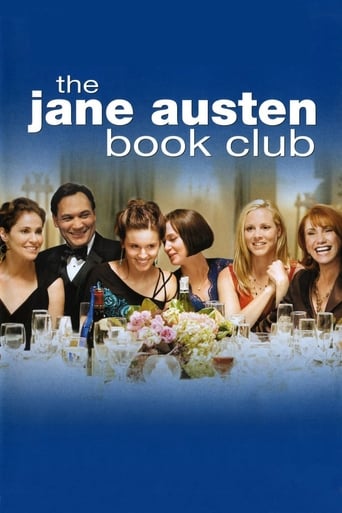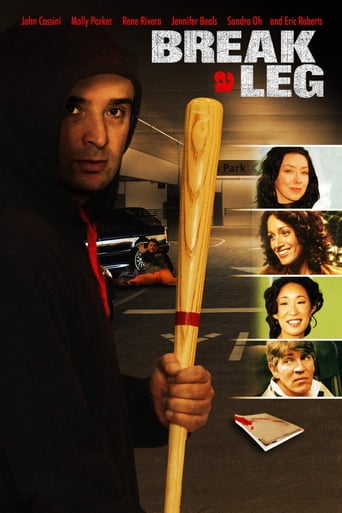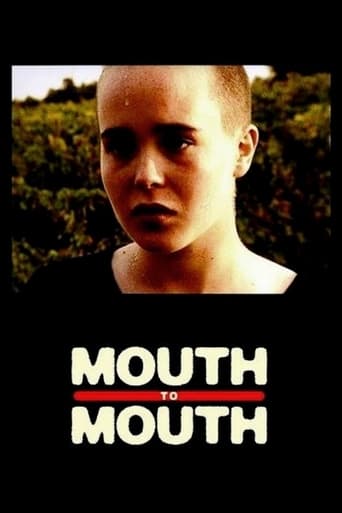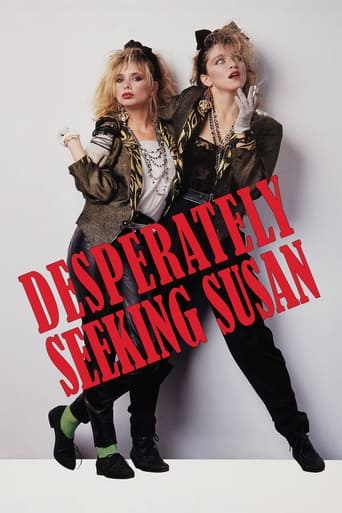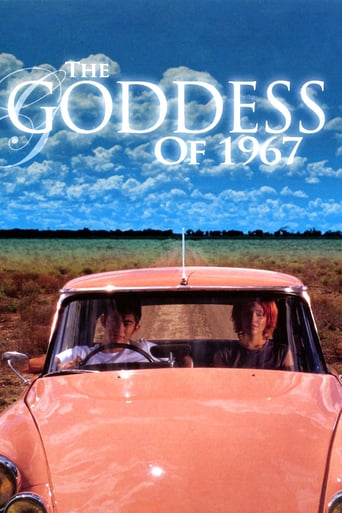
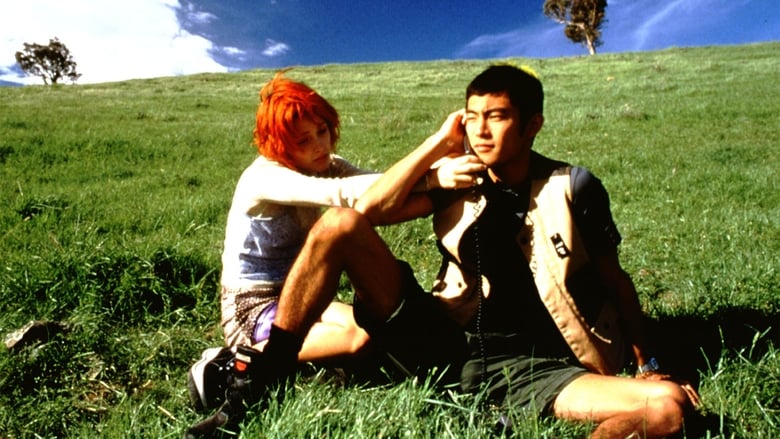
The Goddess of 1967 (2000)
A rich, young businessman travels to Australia with the intention of buying a 1967 Citroën DS. Once he arrives, things do not go to plan, and he must drive the DS into the outback alongside a blind young woman in order to track down its seller.
Watch Trailer
Cast
Similar titles

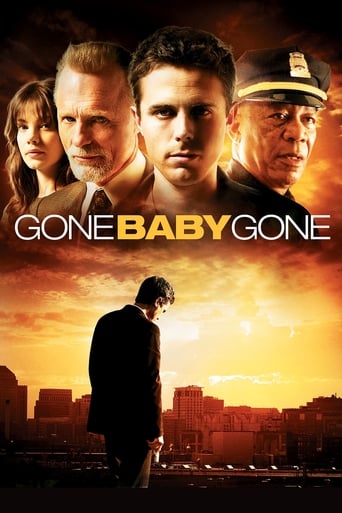
Reviews
Undescribable Perfection
I don't have all the words right now but this film is a work of art.
Exactly the movie you think it is, but not the movie you want it to be.
Blistering performances.
This film combines an interesting and meaningful plot with cinematography which is a tribute to the many textures of Australia and some restrained but insightful acting and direction. Most of the funding for the movie was from two state governments. The producers have had to be sparing with their special effects. Despite this the film has more atmosphere than most Hollywood films with budgets in the tens of millions. This film does not shout any particular message at its audience, so how much you see is really up to you. Many films about such a sensitive topic can be too heavy handed. It is a great credit to Clara Law that she says so much so quietly.
I just finished viewing this movie (The Goddess of 1967) that my roommate had rented and was quite moved by it. On a basic level, it's a tale of contrasts. That of a naive, young Japanese man (Rikiya Kurokawa) and a blind Australian girl, Deidre (Rose Byrne). The movie tells of their journey through the Australian outback after the Japanese man travels to Australia in search of the car of his dreams, a classic French Citroen. Of course it's much deeper than that. The trip is not a vacation, but a journey of release particularly for the young woman who has been tormented for most of her short life by the horrible memories of sexual abuse and a mother who failed to stop it. Unbeknownst to the young man he has been taken on a ride that will open his eyes to a world he never knew existed. In return, Deidre, encounters many things she has never experienced before from a man. Those are compassion, honesty and true love. There is one wonderful scene where he teaches her to dance in a lonely bar in the middle of nowhere. To see the joy in the face of someone who has, in her unfortunate life, rarely experienced such feelings is truly uplifting. I had to watch that scene more than once. In the end, Deidre, finds the peace she is looking for. Perhaps not in the way she thought she might, but she does. And that's something she so much deserves.
In movies - road movies especially - we are looking for change in the characters, the relationships and possibly the balance between two themes. In the Goddess we see Deidre become more whole, at a physical level by wanting and experiencing tender lovemaking. And debatably in the end as her search to confront her dad/granddad is fulfilled - death and his death in particular no longer an obsession. What of the male character though? Although very well played and amusing - what journey does he really undertake? Has he learned to drive with his eyes closed? Learned to love a being without scales?And in looking for themes that may be juxtaposed or in tension with each other - yes there is Megacity Vs Outback, there is beauty vs ugliness, black holes vs religion, responsibility for yourself vs the excuse of horrid childhood - but for me somehow they were a bit fitted in, if any one stands out - perhaps it is travelling with a purpose vs with your eyes closed, and the frightning thing of travelling with a purpose (to buy the car or kill your dad) turns out to be: What then? What do you do next? Perhaps being able to travel with your eyes closed is a better skill after all.
If you are driving or contemplating a purchase of a featureless economical car with automatic transmission, or if you have REALLY managed to bear the tedious 3 hours of `The Titanic' without leaving the theatre for a half-an-hour refreshment or for good, THE GODDESS OF 1967 is not a film for you. On the other hand, if you are sick of being able to predict the remaining two and a half hours of the contemporary Hollywood mind-numbing production, Clara Law has a remedy for you! Moreover, if you have ever fallen in love with a car, you would be even more delighted to see that there are people like you out there.The first hint of the cinematic joy that THE GODDESS OF 1967 offers is clear from the first 10 minutes of the film. That is, you realise that behind the whole idea, no matter what it is going to be, there is the AUTHOR, and not the producers, stuntmen, pyrotechnicians, special-effect crew, low-IQ charity Clara Law is an author with a `handwriting', reminiscent to that of Jim Jarmush or Wim Wenders, but still far from an immitator. Not many authors opt for using a variety of `narative techniques' that film as a media offers. It can be `slippery ground' since the story line can easily be overshadowed by the means of telling it. However, Clara Law bravely takes the challenge, carrying us smoothly through the wonderful world of moving pictures backed by enchanting music.Thematically, THE GODDESS OF 1967 incorporates a number of topics, child abuse being but one of them. In fact, it poses questions before us, through the mouth of the blind girl. Questions seemingly so simple that most of us would not bother asking, yet most of us would not be able to answer them, as well as the characters in the film remain perplexed, stammering nonsense that reverberates mockingly.THE GODDESS OF 1967 is a meeting point of several worlds. Not only the Japanese and the Australian meet there, but also the European, embodied in the relic car symbolising the old virtues and culture refusing to die out. Further, overpopulated Tokyo is contrasted to the vast Australian landscape, both offering an abundance of colour, sounds and even smells. The good and the evil, love and hate, reason and absurdity, trauma and optimism, gloom and humour are interwoven into the plot with straightforward simplicity, which makes the film surprisingly lifelike. All these worlds and plans are uncompromisingly exposed, celebrating beauty but not hiding ugliness. Finally, the film brings all these worlds closer to us, making us richer for knowing one another better.



